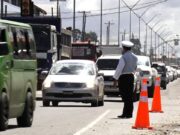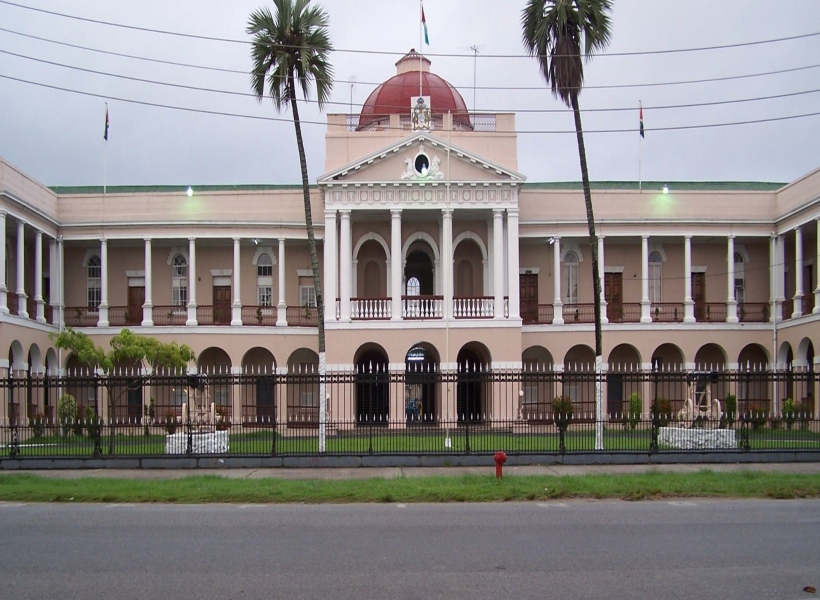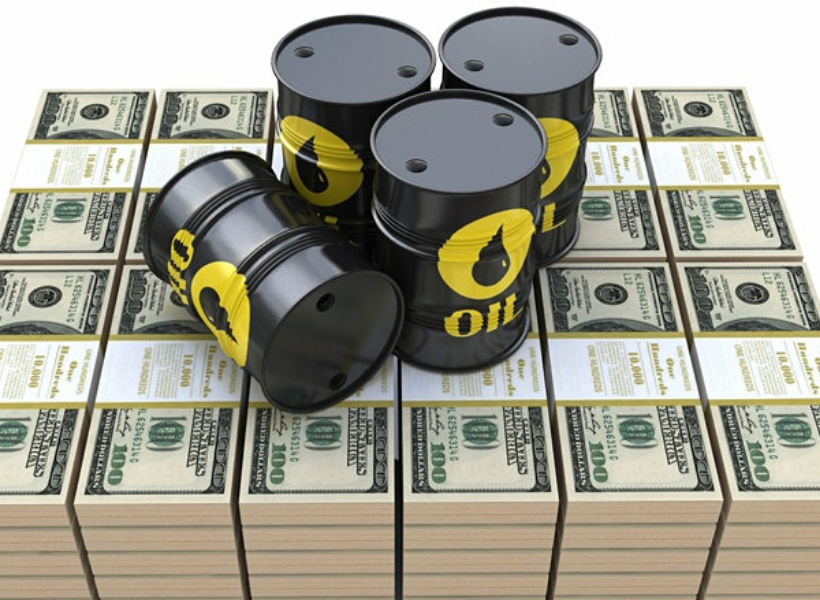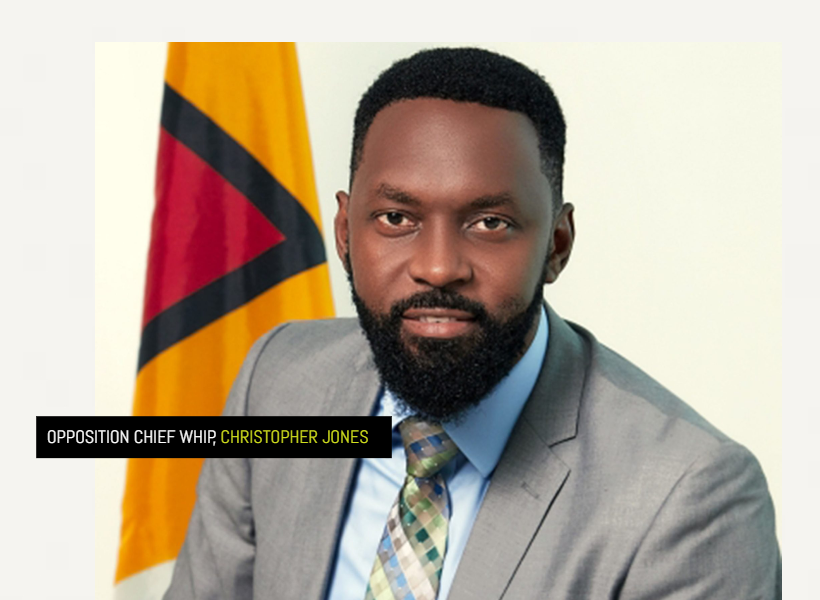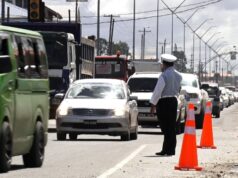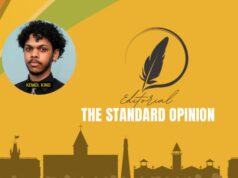With the influx of oil money, the People’s Progressive Party/Civic (PPP/C) government has had good enough opportunity to raise the standard of living experienced by the masses in Guyana and promote prosperity and equality. Instead, it failed the people. This failure is demonstrated in big spending while the people suffer. Further, because of PPP’s policies, poor people are dying.
This is the “reality” that was propagated in the National Assembly when Opposition Chief, Whip Christopher Jones took the floor to make his contribution to the debate on Budget 2025.
Jones said that over the past four years, the PPP has treated Guyana’s oil revenues like an ATM, making some 20 withdrawals—6 Budgets and 14 supplementary allocations—totaling over $4.9 trillion. He said that even with such enormous spending, Guyanese people are left asking: “What has changed for us?”
Jones noted, “Cost of living is unbearable, access to clean water is inconsistent, roads and bridges are poorly constructed, health centers lack medication and electricity blackouts are frequent…In the abundance of water, the people are still thirsty!”
Addressing the House Speaker, Jones pointed out that on January 17, the day budget 2025 was read, on the morning programme “Jumpstart” on 94.1FM, during the segment “What Frets You”, a caller from Westminster, La Parfaite Harmony, West Bank Demerara complained that for two weeks, the community has been without water. Jones said that caller’s story opened the proverbial floodgates and citizens in communities across the country took to social media to highlight the fact that the water coming through their taps was “smelly and dirty. Water they cannot drink. Water they cannot use to wash clothes or even to wash their yards.”
Turning his attention to issues with health care, Jones highlighted that under the David Granger administration, patients across Guyana were provided lifesaving dialysis treatment free of cost at several centers, including the New Amsterdam Hospital. He said however that when the PPP took office in 2020, this programme was scrapped and replaced with a private partnership that imposes a fee of $24,000 per session. Jones said patients are now required to pay $12,000 out of pocket for each session, with three sessions per week needed—amounting to $36,000 weekly or $144,000 monthly.
He said the “devastating result” is that 45% of the patients who previously received free treatment before 2020 “are no longer with us. Not because they sought treatment elsewhere, Mr. Speaker, but because they are dead.”
Jones related that one such patient, whose name was withheld out of respect for his family’s privacy, was a man who supplied water to New Amsterdam and the surrounding communities.
According to Jones, the man has expressed that he simply could not afford the $36,000 per week for dialysis treatment, as he had a family to feed and bills to pay. Forced to prioritize the well-being of his wife and children, he was unable to continue treatment. “Tragically, he passed away four months ago.”
Jones said polices like that and others reflect the PPP’s disregard for the poor and vulnerable.
